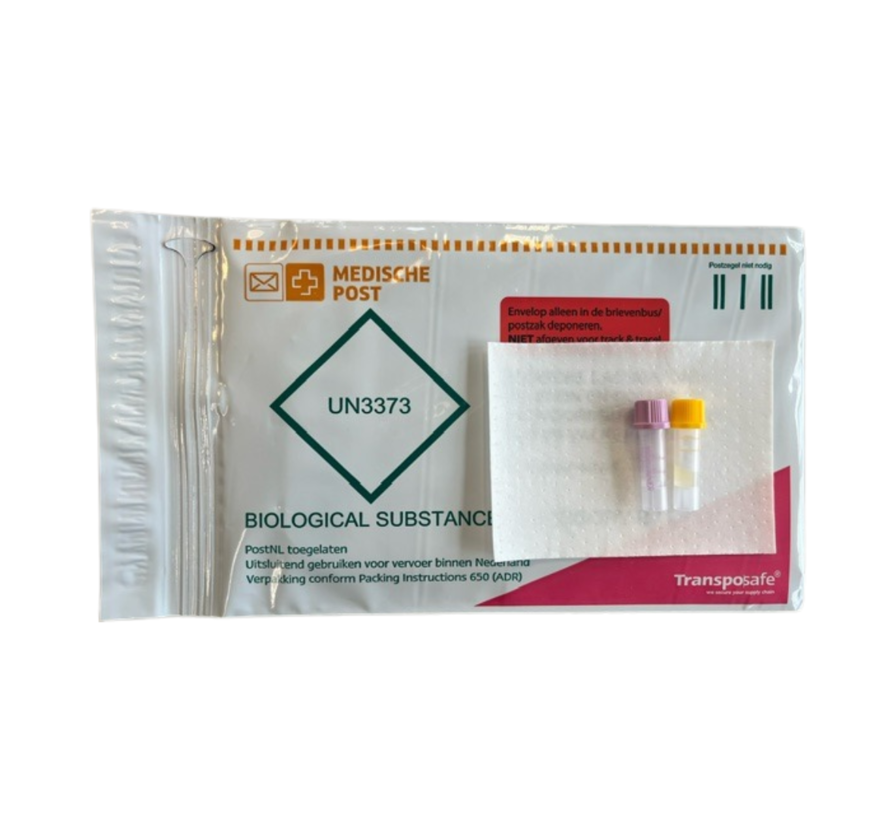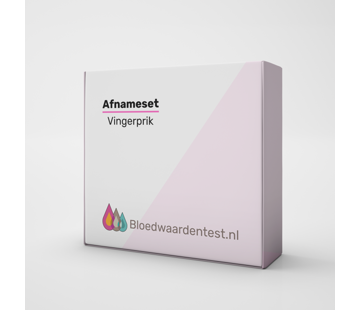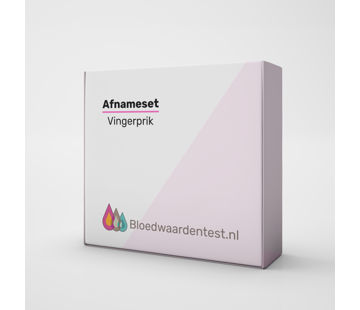This Blood Values Test: Basal Blood Values Test can only be taken from an official BBT therapist of Blood Values Test.
Send an email to receive this current overview.
With the BBT test, the following blood values are measured by finger prick:
Platelets (Thrombocytes): This measurement indicates the number of platelets in the blood. Platelets play a crucial role in the clotting process and help prevent blood loss.
Creatinine: This is a measurement that assesses the levels of creatine in the blood. Creatine is a waste product produced by muscle metabolism and is filtered through the kidneys. Elevated levels may indicate kidney problems.
Erythrocytes (Red Blood Cells): This test measures the number of red blood cells, which carry oxygen from the lungs to the rest of the body. Low levels may indicate anemia.
Gamma GT (Gamma-glutamyltransferase): An enzyme found primarily in the liver. High levels may indicate liver damage or disease.
GFR (Glomerular Filtration Rate): A test that measures the rate at which the kidneys filter blood. It is an important indicator of kidney function.
Hba1c: Shows the average blood sugar level over the past 2 to 3 months. It is an important measure of diabetes management.
HDL (High-Density Lipoprotein): Known as "good" cholesterol because it helps remove other forms of cholesterol from the blood. Higher levels are associated with a lower risk of heart disease.
Hematocrit: Measures the volume of red blood cells in relation to total blood volume. Low levels may indicate anemia, while high levels may indicate dehydration or polycythemia.
Hemoglobin (Hb): A protein in red blood cells that transports oxygen. Low levels indicate anemia, which can cause general symptoms of fatigue.
HS-CRP (High-Sensitivity C-Reactive Protein): A marker of inflammation in the body. High levels can indicate an increased risk of cardiovascular disease.
LDL (Low-Density Lipoprotein): Known as "bad" cholesterol because high levels can lead to plaque buildup in the arteries, increasing the risk of heart disease.
Leucocytes (White blood cells): These cells help protect the body from infections. A high or low number may indicate an underlying health condition.
MCH (Mean Corpuscular Hemoglobin): The average amount of hemoglobin per red blood cell. Abnormalities can indicate different types of anemia.
MCHC (Mean Corpuscular Hemoglobin Concentration): The average concentration of hemoglobin in a group of red blood cells. It can help diagnose certain types of anemia.
MCV (Mean Corpuscular Volume): The average volume of red blood cells. This helps classify different types of anemia.
TSH (Thyroid Stimulating Hormone): A hormone that regulates the activity of the thyroid gland. Abnormalities may indicate hypothyroidism or hyperthyroidism.
Vitamin B12: Essential for red blood cell formation and neurological function. Deficiency can lead to anemia and neurological symptoms.
Vitamin D3: Important for bone health, immune system function and inflammation regulation. Deficiency can lead to bone problems and increased risk of certain diseases.
HDL-LDL index: The ratio of HDL to LDL cholesterol. It provides insight into cardiovascular disease risk, with a lower ratio indicating lower risk.
Together, these values provide a comprehensive overview of a person's health and can help diagnose and monitor various conditions, as well as guide treatment options.
Most thyroid abnormalities result in too little or too much thyroid hormone being made. This leads to many physical symptoms. With an overactive thyroid, these include: a rapid heartbeat, weight loss, nervousness, shaky hands, irritated eyes, trouble sleeping and feeling agitated. In women, an irregular menstrual cycle may also occur. With thyroid hormone deficiency, patients suffer from weight gain, dry skin, constipation, feeling cold easily, fatigue and, in women, heavy menstrual bleeding.
TSH
is made in the pituitary gland, an important hormone-producing gland in the brain. TSH ensures that the correct amount of thyroid hormone (T4 and T3) is always produced. Thyroid hormone regulates the use of energy in the body it has a kind of thermostat function.












